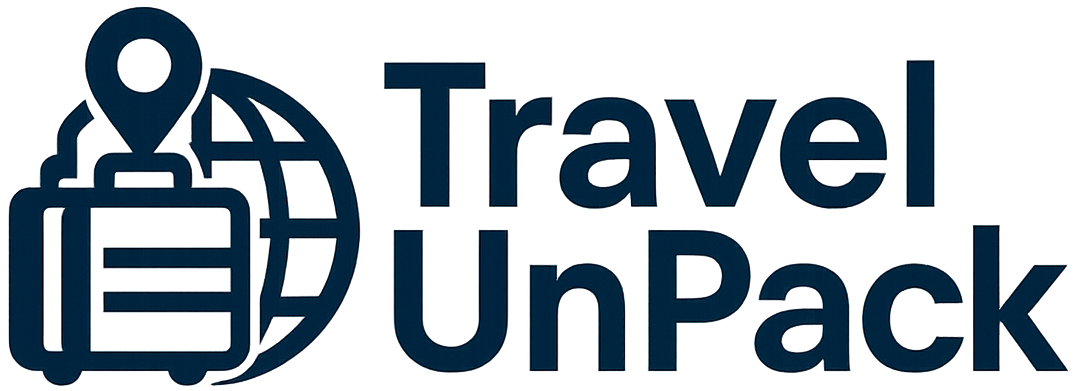In today's industrial and logistics landscape, the forklift operator is essential. With the market becoming increasingly competitive, professional qualifications become an important differentiator. This article covers everything you need to know about forklift operator courses, including free options. We'll explore everything from the benefits of training to the best course options available.
The Importance of the Forklift Operator
Forklift operators play a vital role in the workflow of warehouses and industries. Their main function is to handle and transport loads safely and efficiently. With the rise of e-commerce and the demand for agile logistics, the need for qualified operators has grown exponentially.
In addition, a properly trained operator helps to reduce accidents at work. Improper handling of forklift trucks can lead to serious accidents, resulting in financial losses and even serious injuries for workers. Training is therefore essential to ensure safety in the workplace.
Another important point is that by investing in a forklift operator course, professionals increase their chances in the job market. Companies prioritize candidates who have specific training, as this reduces the time and cost of integration. Qualification can therefore be seen as an investment with a guaranteed return.
Finally, a career as a forklift operator also offers opportunities for professional growth. With experience and qualifications, operators can progress to supervisory positions, broadening their career prospects and pay.
Structure of a Forklift Operator Course
Forklift operator courses are designed to give students a thorough understanding of how the machines work and how to handle them safely. The workload and syllabus may vary, but they generally include theory and practice.
In the theoretical part, students learn about the different types of forklift trucks, their applications and safety regulations. Knowledge of regulations is crucial, as operators must be aware of the laws governing the use of machines and occupational safety guidelines.
The practical part of the course is where students have the opportunity to operate forklift trucks in a controlled environment. During these sessions, they learn to carry out maneuvers such as lifting, transporting and stacking loads. Practical training is essential for developing the coordination and confidence needed to operate the machine on a daily basis.
In addition, many courses offer additional modules, such as basic forklift maintenance and troubleshooting common problems. This extra knowledge can be an important differentiator in the job market, demonstrating to the employer that the candidate has expanded skills.
Benefits of Taking a Forklift Operator Course
Taking a forklift operator's course has a number of benefits for both the professional and the company. For operators, the main advantage is obtaining certification, which is a fundamental requirement for working in the field. With certification in hand, the professional becomes more attractive to the market.
Another benefit is safety. Trained professionals are better prepared to avoid accidents, which also translates into a safer and less stressful working environment. This is valuable not only for the operator, but also for the entire work team.
For companies, hiring certified operators means less time invested in training and a more efficient operation. Well-trained professionals are more productive and can help optimize logistics processes, resulting in savings in time and resources.
In addition, the continuous qualification of operators can lead to a reduction in forklift maintenance and repair costs, since a well-trained operator tends to use the machine correctly and carefully, avoiding excessive wear and tear.

Free Forklift Operator Course Opportunities
With the advance of technology and the democratization of knowledge, finding free forklift operator courses is not impossible. There are several online platforms and institutes that offer training at no cost, allowing more people to have access to this training.
Sites like Coursera and edX occasionally offer sponsored courses or free courses with scholarships. It's important to keep an eye out for these opportunities, as they're an excellent way to enter the profession with no initial investment.
Government institutions and professional training programs, such as SENAI and SEBRAE, can also offer courses for free or at subsidized prices. These institutions usually open classes in partnership with companies and city halls, with the aim of qualifying the local workforce.
Another option is to look for companies that offer free training as part of the hiring process. Some organizations are willing to train their new employees, meeting their specific needs while qualifying the workforce.
How to choose the right course
Choosing the ideal forklift operator course involves considering several factors. The first point to assess is the recognition of the course. Make sure that the institution or platform is respected and that the certificate issued is valid in the job market.
Another aspect to consider is the syllabus. The course should be comprehensive, covering both theory and practice, and should be up to date with the latest safety standards. Also check whether the course offers additional modules that can enrich the student's training.
The flexibility of the course is another important factor. Online courses are ideal for those with a busy routine, allowing students to study at their own pace. However, make sure that the course offers some kind of supervised practice, which is essential for the operator's complete training.
Finally, consider the opinions of former students. Comments and evaluations from people who have already completed the course can offer valuable insights into the quality of the teaching and the applicability of the content in the job market.
Implementing Knowledge in the Workplace
After completing the course, it is essential to apply the knowledge acquired in the workplace. Operators must always be aware of safety practices and preventive maintenance of forklifts to ensure efficient and safe operation.
Effective communication with the team is also crucial. A forklift operator must be able to coordinate their activities with other workers, ensuring that loading and unloading operations run smoothly.
Keeping up to date with new technologies and practices in the logistics area is equally important. Attending workshops, seminars and refresher courses can help operators remain competitive and prepared for changes in the sector.
In addition, seeking feedback is a valuable practice. Talking to supervisors and colleagues can provide insights into performance and identify areas for improvement, promoting continuous professional development.
Conclusion
Qualifying as a forklift operator can open doors in the job market and provide significant professional development. With the growing demand for qualified professionals, investing in a course, whether paid or free, is a strategic and advantageous decision. In addition, continuous training and safe practice are essential for career success and safety in the workplace.
FAQ
1. What does a forklift operator do?
A forklift operator is responsible for handling and transporting loads in environments such as warehouses, docks and industries.
2. What is the workload for a forklift operator course?
The workload can vary, but is generally between 16 and 40 hours, depending on the course.
3. Do I need any previous training to take the course?
You usually need to have completed elementary school and a driver's license (CNH).
4. Do free courses have the same validity as paid ones?
Yes, as long as they are offered by recognized institutions and issue valid certificates.
5. What is covered in the theoretical part of the course?
Safety standards, types of forklift trucks, load handling and regulations are some of the topics covered.
6. Is the practical part compulsory?
Yes, it is essential to ensure that the operator knows how to handle the forklift safely.
7. Can I take an online course?
Yes, many courses offer the theoretical part online, but the practical part must be in person.
8. How much does a forklift operator earn?
Salaries can vary, but generally range from R$ 1,500 to R$ 3,000, depending on region and experience.
9. Are there specific courses for different types of forklifts?
Yes, some courses offer specializations for electric and combustion forklifts, among others.
10. How can I find free courses?
Search online platforms and institutions such as SENAI and SEBRAE, which occasionally offer free courses.
11. Is the certification valid?
Yes, certification must be renewed periodically in accordance with safety regulations.
12. Is it possible to work in other countries with the certification?
The certification may be valid in other countries, but it is important to check local regulations.
13. What happens if I operate a forklift without certification?
Operating without certification can result in penalties and compromise safety at work.
14. Do companies offer free training?
Some companies train their employees as part of the hiring process.
15. Where can I find more information about courses?
Check out the websites of institutions like SENAI and platforms like [Coursera](https://www.coursera.org/) for more information.



